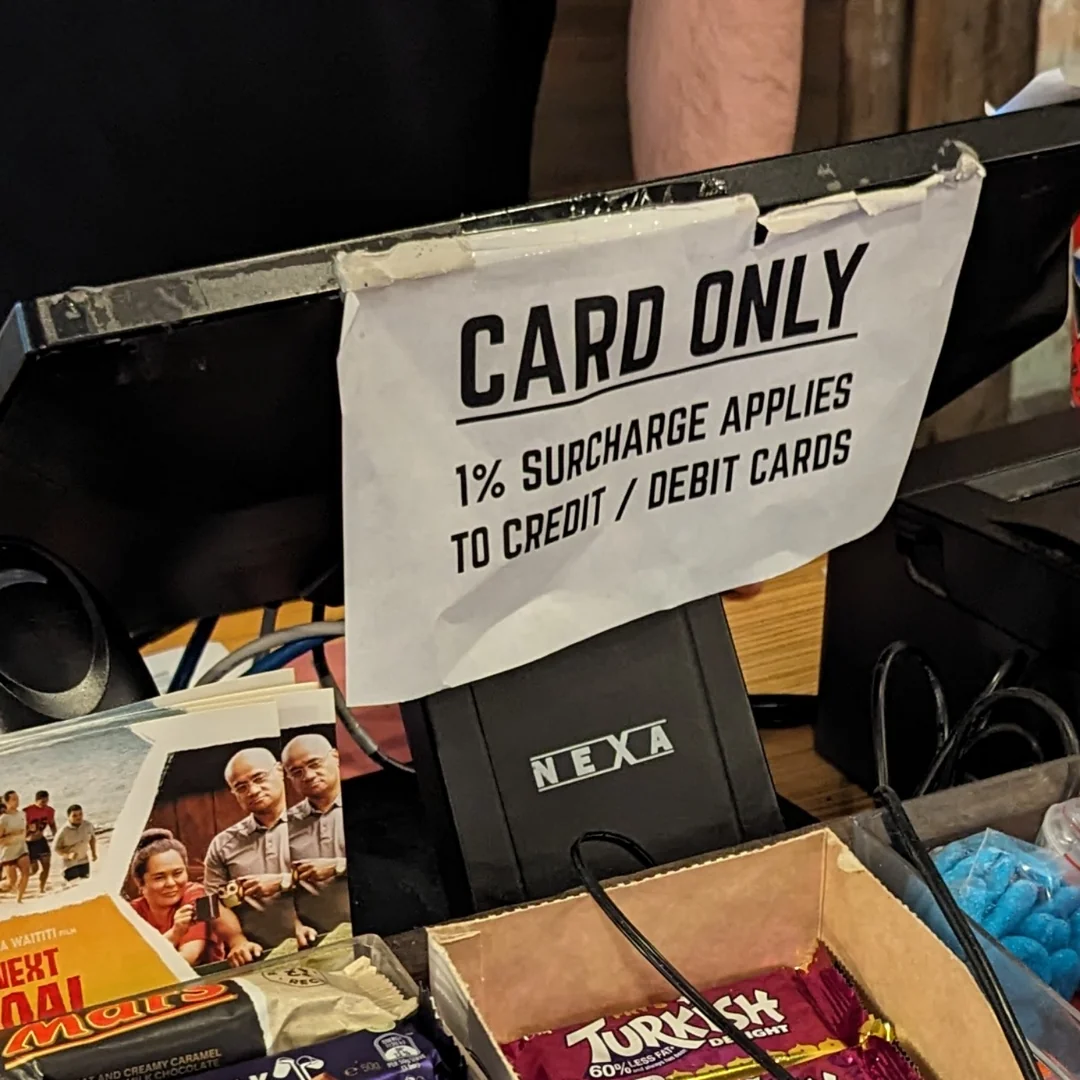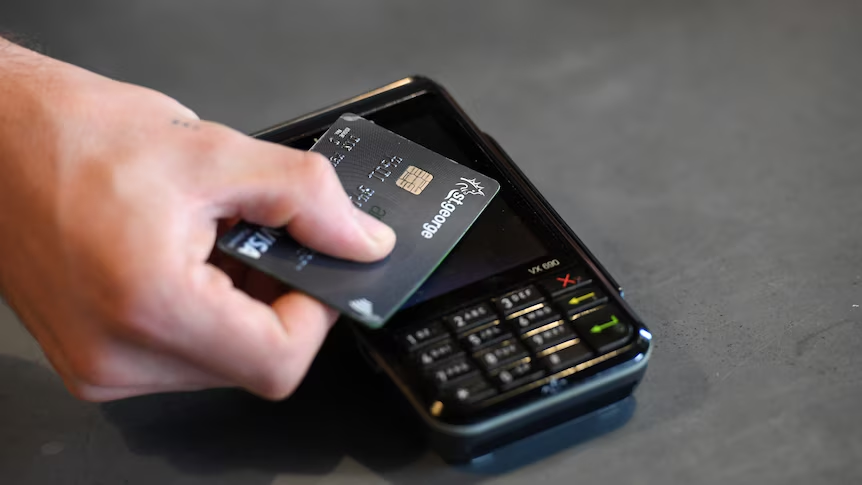If you’re like most of us, you’ve probably been stung by a credit card surcharge at some point.
Whether it’s when buying tickets online, paying for a meal at a restaurant, or shopping at your favorite store, these extra fees can add up quickly.
But now, the Commonwealth Bank is calling on the Reserve Bank of Australia to axe these surcharges for good.
What Are Card Surcharges, Anyway?
Card surcharges are small fees, usually between 0.5 and 1.5%, that are added to purchases made with credit or debit cards.
These fees exist because businesses aren’t charged a flat fee for accepting card payments – they’re charged a merchant fee for each transaction.

To make up for this cost, businesses are allowed to pass it on to consumers in the form of a surcharge.
Why Should Surcharges Be Banned?
The Commonwealth Bank is arguing that banning surcharges would be the simplest way to ensure fairness and transparency for consumers.
If only debit card surcharges are banned, credit card holders might still face issues with fee transparency.
Plus, merchants could juste raise their transaction fees for credit card payments, which wouldn’t solve the problem.
How Much Do Surcharges Cost Us?
These fees might seem small, but they add up to hundreds of millions of dollars each year. The federal government has already announced plans to ban debit card surcharges from next year, and now the Commonwealth Bank is pushing for a complete ban on all types of surcharging.
This would bring Australia in line with countries like the UK and European nations, where surcharging is already banned.
What’s Next?
The Reserve Bank is reviewing the future of card payments to make sure consumers get a fair deal.
The Commonwealth Bank’s submission to the RBA, which is expected to be published soon, calls for an end to all surcharges.
If this happens, it could mean big savings for consumers and a more level playing field for businesses.
So, what do you think? Should card surcharges be banned for good? Let us know in the comments!

